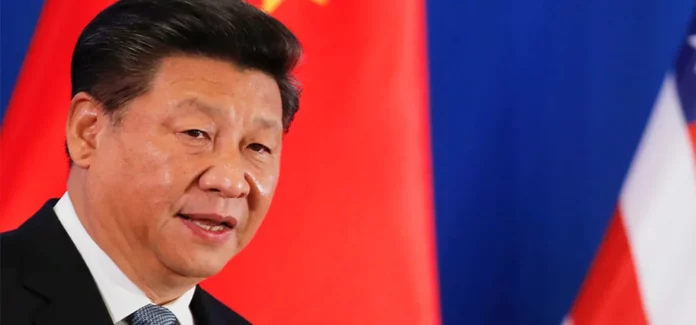A federal report this week warned that China’s determination for self-sufficiency and resolution of its food security problems could place the United States in Beijing’s crosshairs. The U.S. China Economic and Security Review Commission (USCC), released a report warning that China’s attempts to bolster its agriculture sector pose a security threat and an economic challenge.
China has turned to the United States to purchase farmland, livestock and intellectual property, sometimes through theft, because it cannot secure sufficient domestic production to feed its massive population.
It would be a good idea to increase Beijing’s seed stocks. This will not only reduce the country’s dependence on the U.S. but also make Beijing a significant competitor in the global marketplace.
According to the USCC report, $1.62 billion was exported by the United States in 2020 of seeds. These included vegetables, corn, soybeans, and grasses.
China was the largest exporter of seeds in 2021 with $173.9 Million. This equates to approximately 15% of global exports.
As China looks to reduce its dependence on foreign resources, Xi Jinping, the Chinese President, has ordered China’s agricultural industry to increase its seed collection.
Instead of directing its resources to research and development in domestic seed innovations, spying is now a key tool for the agriculture industry.
The report concluded that China has found a way to acquire U.S. trade secrets via agricultural espionage, which is a convenient way to increase its agricultural output and compete in global markets. Chinese agribusinesses could steal agricultural IP to compete on international seed markets with the U.S.
Beyond the economic woes Beijing could cause the U.S., there is a more serious threat to U.S. food production.
By reducing the risk of pests, droughts, and other unpredictable realities that the agricultural industry is faced with every season, genetically engineered seeds can help you to avoid them.
Although genetically altering a crop can save you a season of farming, it can also help to create targeted crops.
Glenn Thompson, House Agriculture Committee Ranking Member, stated to Fox News that food security is national security and that the USCC report indicated the need to adopt tougher stances in order to protect intellectual property and the agricultural sector.
China expressed concern about bioterrorism after the terrorist attacks of 2001. Biosecurity was made a top priority.
China has always been reluctant to import genetically modified animals or plants.
The report did note that Beijing had “increasingly recognized the strategic benefits [of] genetically altered organisms” and could use Western imports to further develop its technology and gain global agricultural dominance.
According to the USCC, the intelligence community should work with the United States Department of Agriculture in order to protect and develop the U.S. agriculture industry and better guard it against foreign adversaries such as China.




